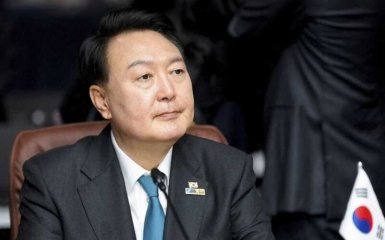A South Korean court has issued an arrest warrant for temporarily suspended President Yun Seok-yeol over the introduction of a short-term martial law on December 3.
Points of attention
- A court in South Korea has issued an arrest warrant for temporarily suspended President Yun Seok-yeol over his imposition of short-term martial law.
- Yun Seok Yeol is suspected of treason and abuse of power, which led to an arrest warrant being issued.
- Investigators have a limited deadline until January 6 to execute the warrant, which is complicated by resistance from the security services and supporters of the president.
- Martial law in South Korea was declared by Yun Seok-yeol and sparked widespread discussion and criticism in public and political circles.
- After a failed impeachment attempt and protests, President Yun Seok-yeol may resign, confusing the political situation in the country.
South Korean court issues arrest warrant for Yoon Seok-yeol
It is reported that Yun Seok-yeol is suspected of sedition, treason and abuse of power. An arrest warrant was issued after he ignored three summonses for questioning.
Investigators have until January 6 to execute the warrant, after which they can apply to the court for an extension.
The execution of the warrant is complicated by resistance from Yun Seok-yeol's security service and his supporters. The security service previously blocked investigators' access to the presidential office and the ousted president's private residence, where searches were planned.
Lawyers for Yoon Seok-yeol claim that investigators are exceeding their authority because, they say, imposing martial law is the president's constitutional right.
What preceded this?
On December 3, South Korean President Yun Seok-yeol declared martial law, citing the need to protect the country from "communist forces." In his televised address, he did not specify any specific threat from North Korea, focusing instead on domestic political opponents.
On December 4, South Korea's National Assembly voted to demand that the president lift martial law. In response, Yun Seok-yeol announced the end of the measure.
The opposition Democratic Party considered charging Yun with treason and initiating impeachment proceedings.
On December 6, the leader of the ruling party called for the immediate removal of the president from office, noting that Yun had ordered the arrest of several prominent politicians during martial law.
On December 7, Yun Seok-yeol expressed "sincere regret" in a national address for his decision to declare martial law, which had caused significant public concern. He vowed to avoid similar decisions in the future.
On the same day, South Korea's parliament did not support the impeachment of the president. At the same time, the leader of the ruling party said that Yun Seok-yeol would likely resign.




